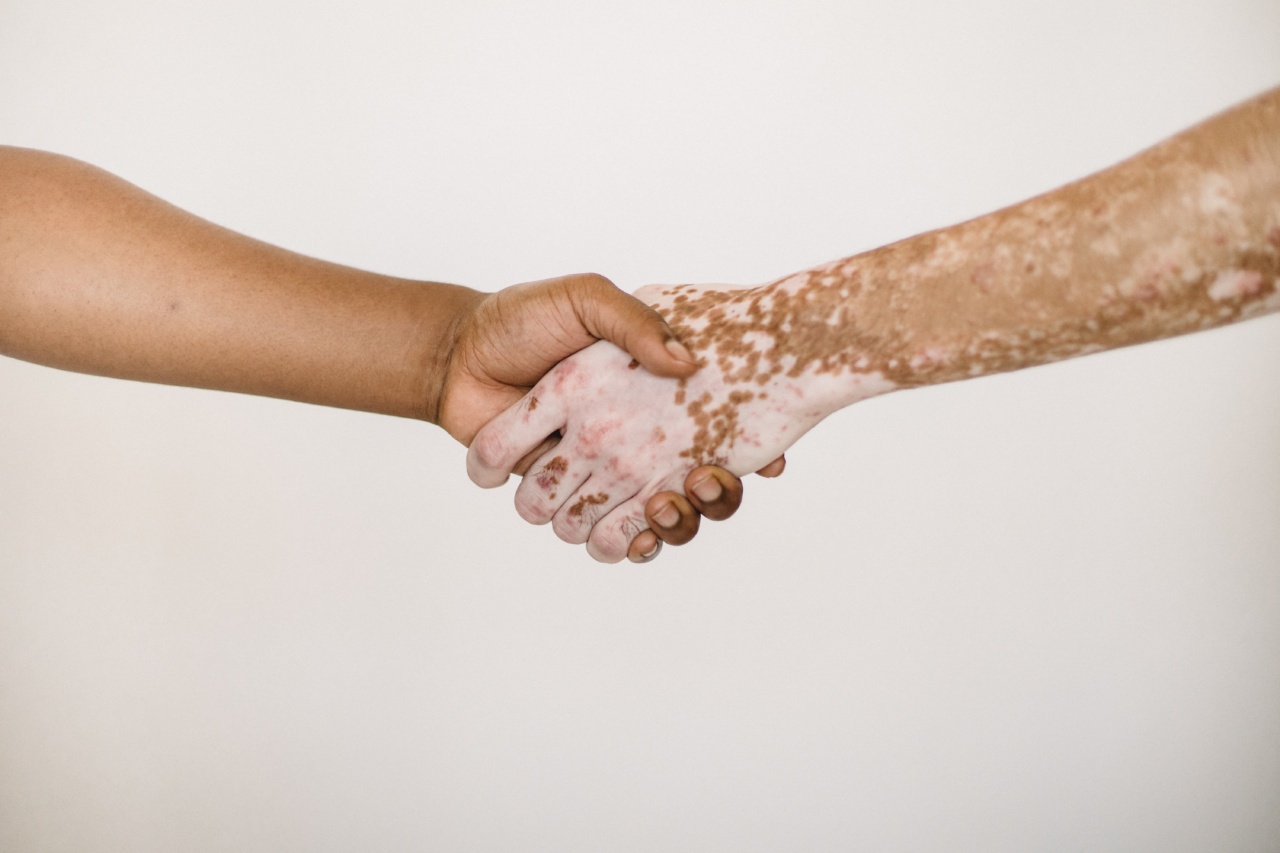Psoriasis and erectile dysfunction are two conditions that affect men’s health and well-being. Psoriasis is a chronic autoimmune disease that affects the skin, causing red, scaly patches to appear.
Erectile dysfunction, on the other hand, is the inability to achieve or maintain an erection sufficient for sexual intercourse. While these two conditions may seem unrelated, studies have shown a potential link between them. This article aims to raise awareness about psoriasis and erectile dysfunction in men, discussing their causes, symptoms, and available treatment options.
Understanding Psoriasis
Psoriasis is a skin disorder that is characterized by the rapid growth of skin cells. This leads to the formation of thick, red patches covered with silvery scales.
It is a chronic condition with no known cure, but it can be managed effectively with proper treatment. Psoriasis affects both men and women, often developing between the ages of 15 and 35.
The Link Between Psoriasis and Erectile Dysfunction
While the exact cause of the link between psoriasis and erectile dysfunction is yet to be fully understood, researchers have identified several potential factors.
One hypothesis suggests that chronic inflammation associated with psoriasis may contribute to the development of cardiovascular diseases, which can also affect erectile function. Additionally, the psychological impact of psoriasis, including anxiety, depression, and low self-esteem, can interfere with sexual confidence and performance.
Psoriasis and its Impact on Sexual Function
Besides the potential link to erectile dysfunction, psoriasis can directly affect men’s sexual function. Genital psoriasis, a specific form of psoriasis affecting the genital area, can cause redness, itching, and pain during sexual activity.
The discomfort and embarrassment associated with genital psoriasis can significantly impact a man’s sex life, leading to reduced sexual desire and satisfaction.
Diagnosing Erectile Dysfunction
Erectile dysfunction is a common condition that affects millions of men worldwide. It is diagnosed when a man consistently has trouble achieving or maintaining an erection sufficient for sexual activity.
Diagnosis often involves a thorough medical history, physical examination, and evaluation of any underlying health conditions. Additional tests may be conducted to assess hormone levels, blood flow to the penis, and psychological factors.
Treatment Options for Erectile Dysfunction
The treatment approach for erectile dysfunction varies depending on the underlying cause. Some common treatment options include:.
- Oral medications: Medications such as sildenafil (Viagra), tadalafil (Cialis), and vardenafil (Levitra) can help improve erectile function by increasing blood flow to the penis.
- Penile injections: Injecting medication directly into the penis can help achieve an erection. This method is often used when oral medications are ineffective.
- Vacuum erection devices: These devices create a vacuum around the penis, drawing blood into the organ and enabling an erection. A constriction ring is then placed around the base of the penis to maintain the erection.
- Surgical implants: In severe cases where other treatments have failed, a surgical implant may be considered. These implants can be inflatable or malleable, providing the ability to achieve an erection when desired.
- Psychological counseling: For cases where psychological factors contribute to erectile dysfunction, counseling and therapy can help address underlying issues and improve sexual function.
Lifestyle Modifications and Self-Care
Aside from medical treatments, certain lifestyle modifications and self-care practices can help manage both psoriasis and erectile dysfunction. These include:.
- Maintaining a healthy weight: Obesity is a risk factor for both conditions. Engaging in regular exercise and adopting a balanced diet can help manage symptoms.
- Managing stress: Stress can exacerbate symptoms of psoriasis and contribute to erectile dysfunction. Implementing stress-reduction techniques, such as meditation or yoga, can be beneficial.
- Seeking support: Joining support groups or talking to healthcare professionals can provide emotional support and guidance.
- Quitting smoking and limiting alcohol consumption: Smoking and excessive alcohol intake can worsen both conditions. Quitting smoking and drinking in moderation are crucial steps in managing symptoms.
Conclusion
Psoriasis and erectile dysfunction are conditions that can significantly impact the quality of life for men. While there is a potential link between the two, further research is needed to fully understand the underlying mechanisms.
Recognizing the association between psoriasis and erectile dysfunction is essential in order to promote early intervention and improve outcomes. By raising awareness, providing education, and fostering open discussions, individuals affected by these conditions can seek appropriate treatment and support, ultimately enhancing their overall well-being.





























